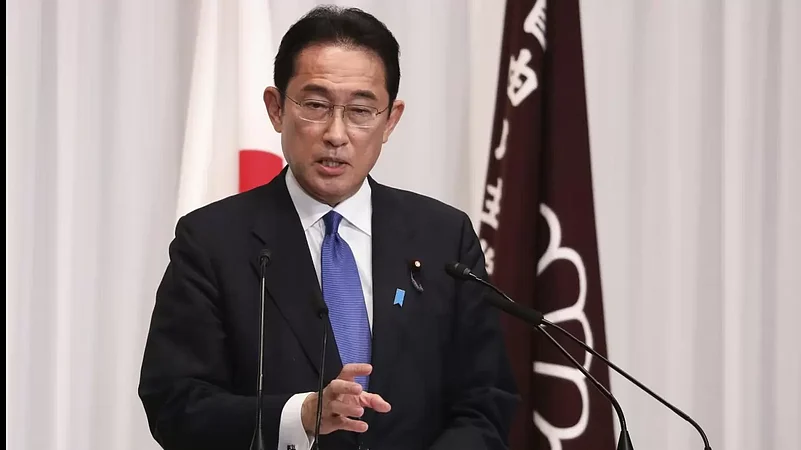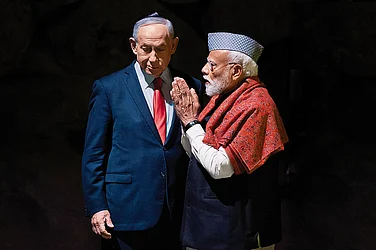US National Security Advisor Jake Sullivan in a phone call with his Japanese counterpart on Monday appreciated the recent "successful" visit of Japanese Prime Minister Fumio Kishida to India where he reaffirmed the vision to promote a free and open Indo-Pacific.
Japanese Prime Minister Kishida, during his visit to India last week, unveiled his government's much-awaited plan for a 'Free and Open Indo-Pacific and came down heavily on Russia for its aggression against Ukraine saying it triggered a fundamental challenge to defend peace.
On Monday, Sullivan spoke with Japan National Security Secretariat Secretary General Akiba Takeo to discuss the regional security environment and US-Japan bilateral cooperation, the White House said.
During the telephone conversation, the US national security advisor welcomed the recent breakthrough in the Japan-Republic of Korea relations and expressed strong support for Prime Minister Kishida's recent visit to Kyiv.
The two National Security Advisors reiterated the importance of continuing to support Ukraine as it defends itself from Russia's "brutal and unlawful invasion", the White House said.
"Sullivan expressed appreciation for Prime Minister Kishida's successful visit to India, where he reaffirmed Japan's vision to promote a free and open Indo-Pacific with key like-minded partners," the White House said in a readout of the call.
They also reconfirmed their commitment to maintaining a credible alliance deterrence capability and discussed the importance of increasing multilateral cooperation across the region.
The two officials committed to continue deepening the bilateral partnership to advance their shared vision for a free and open Indo-Pacific, it said.
US NSA Sullivan Appreciates Japanese PM Kishida's 'Successful' Visit To India
Jake Sullivan expressed appreciation for Japanese Prime Minister Fumio Kishida's recent "successful" visit to India, where he reaffirmed his vision for an Indo-Pacific with freedom and openness.
Published At:

Japanese PM Fumio Kishida
Japanese PM Fumio Kishida
WATCH
MORE FROM THE AUTHOR
PHOTOS
×

















